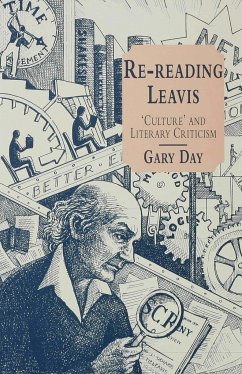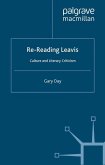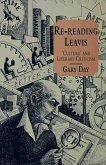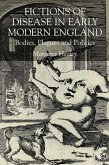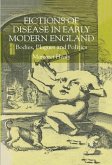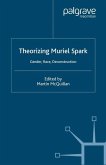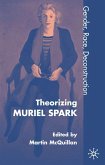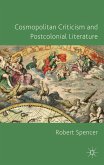This book offers a much needed reassessment of F.R. Leavis. Gary Day argues that post-structuralist theory has defined itself in opposition to Leavis when in fact there are certain parallels between the two types of criticism. Day also draws attention to the connections between Leavis's early work and the emergent discourses of consumerism and scientific management. In particular he notes how at the centre of each is an image of the body and he analyses what this means for Leavis's conception of reading. By situating Leavis in relation to the concerns of post-structuralism and by locating him firmly in his historical context, Day is able to chart how far criticism can justly claim to be oppositional. At the same time, Day is able to recuperate from Leavis's work a notion of value; a topic which is becoming increasingly important in literary and cultural studies today.
'Day's provocative claims in his introduction are supported in the body of his book by close and fascinating argument, for example linking Leavis's notion of 'the third realm' to Lacan and Derrida.' - PN Review
'... this is a book that takes risks not to court controversy, but rather to cultivate a more constructive critical debate about some highly influential figures and some very interesting ideas. It does not tell us which of the warring gods we should serve, but it does suggest how best we might benefit from their respective gifts.' - Times Higher Educational Supplement
'... this is a book that takes risks not to court controversy, but rather to cultivate a more constructive critical debate about some highly influential figures and some very interesting ideas. It does not tell us which of the warring gods we should serve, but it does suggest how best we might benefit from their respective gifts.' - Times Higher Educational Supplement

